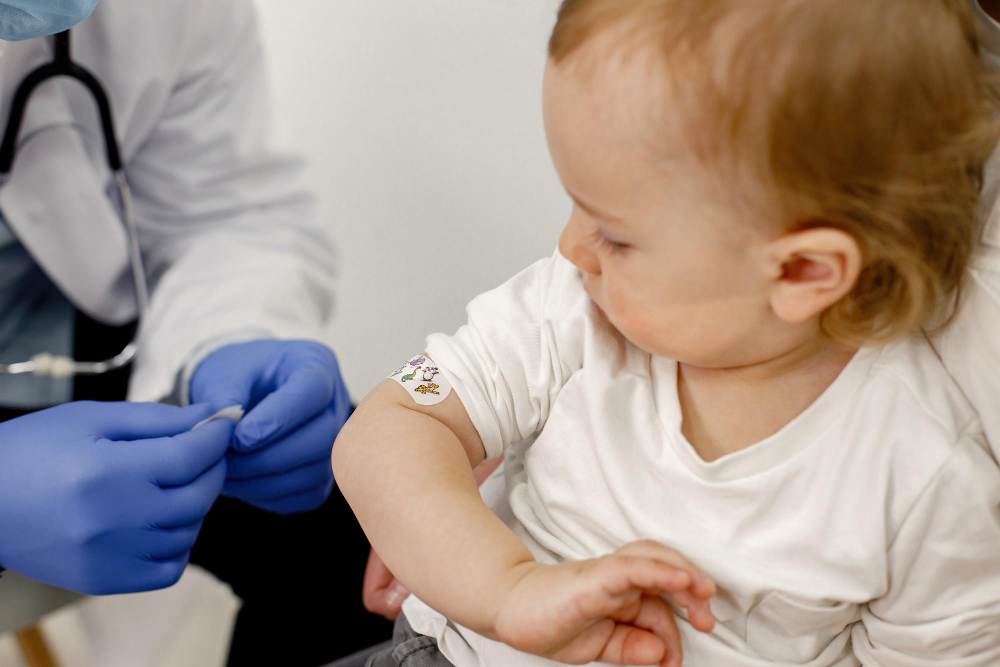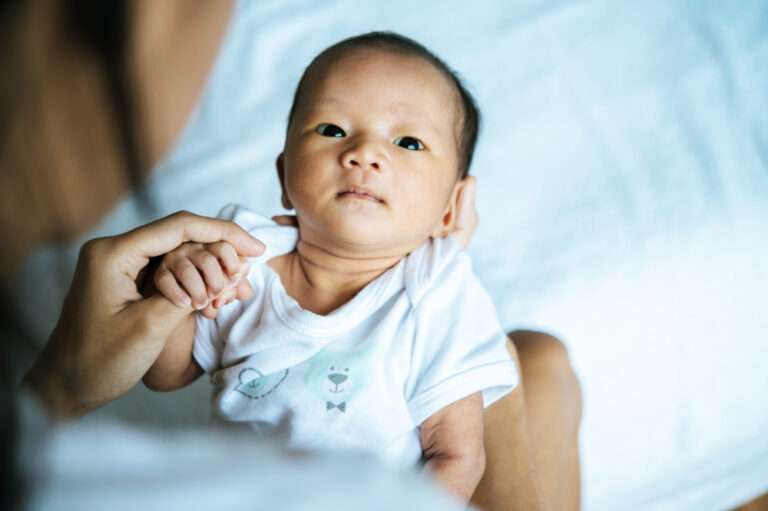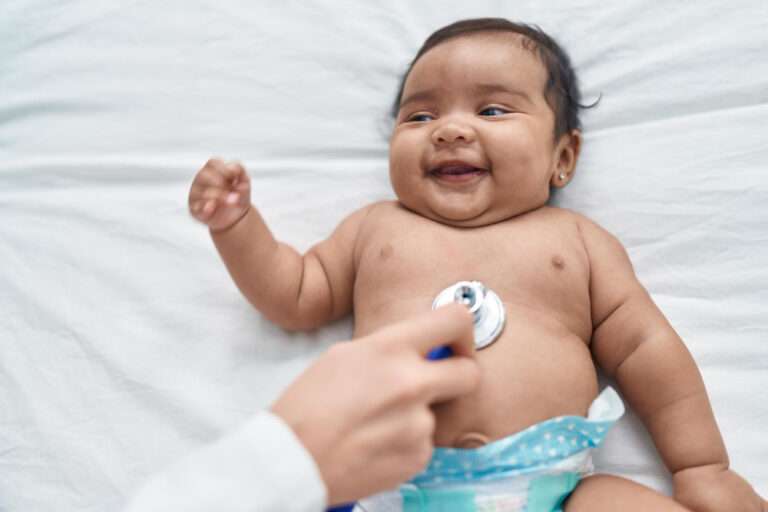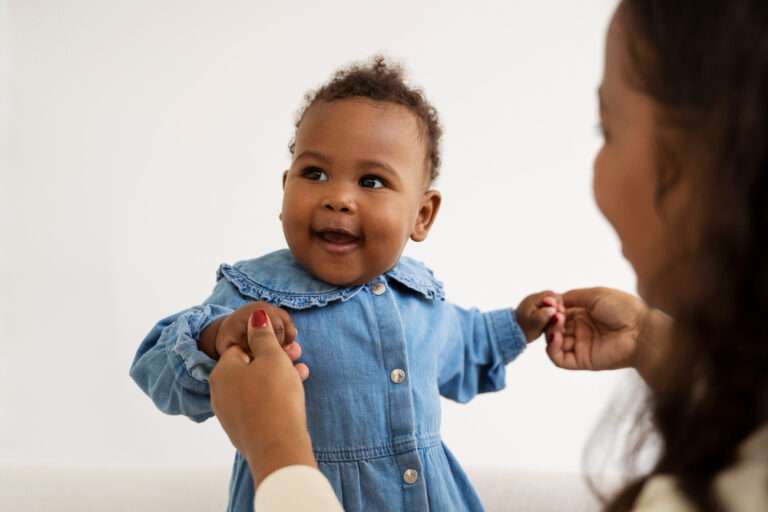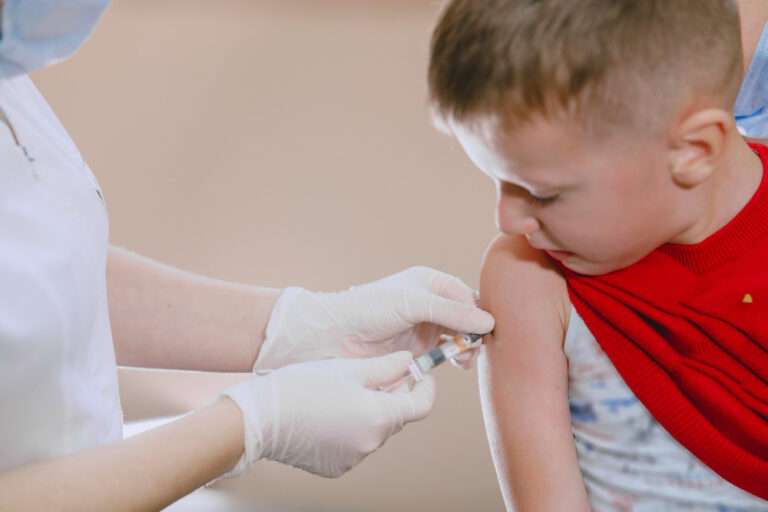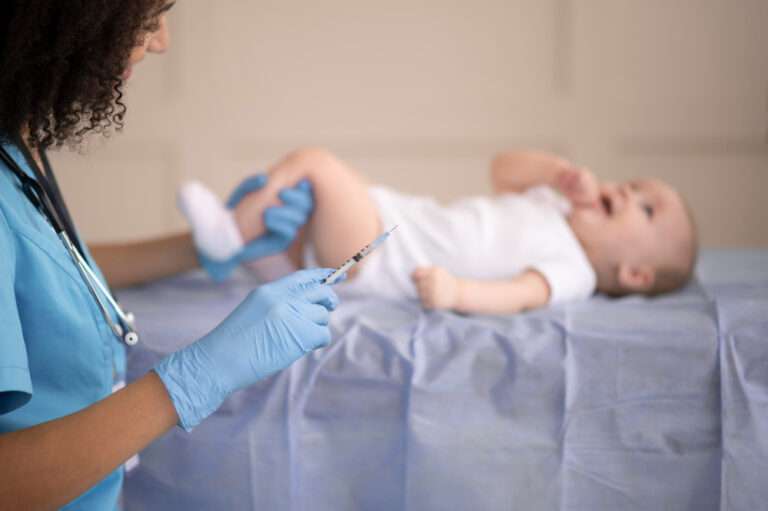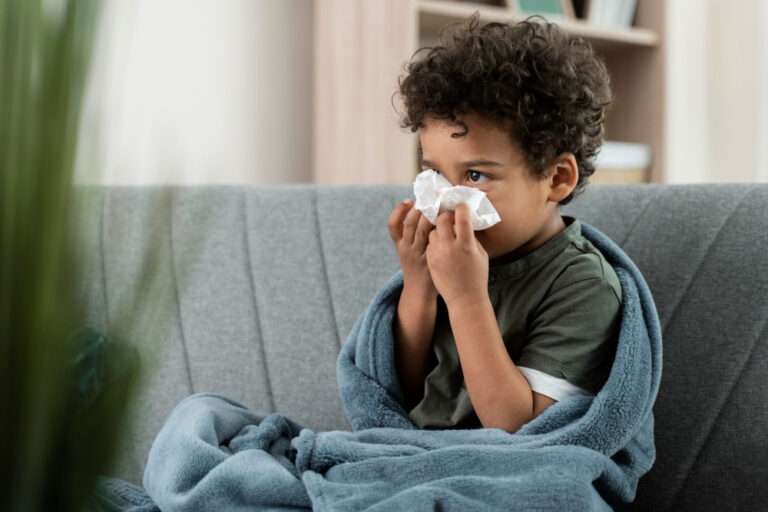Varicella (Chickenpox) vaccine in children
The Varicella vaccine, commonly known as the chickenpox vaccine, is a crucial immunization for children. It helps prevent chickenpox, a highly contagious viral infection caused by the varicella-zoster virus. Here’s what you need to know about the Varicella vaccine in children:
1. Immunization Schedule:
- The Varicella vaccine is typically administered in two doses.
- The first dose is recommended at 12-15 months of age.
- The second dose is recommended at 4-6 years of age before starting school.
- If a child didn’t receive the first dose at the recommended age, it can be given later, following specific catch-up schedules.
2. Safety and Effectiveness:
- The Varicella vaccine is safe and highly effective at preventing chickenpox.
- It can significantly reduce the severity of the disease if a vaccinated person does get infected.
3. Importance of Vaccination:
- The vaccine helps prevent chickenpox, a disease known for its uncomfortable and itchy rash.
- It also reduces the risk of complications from chickenpox, such as bacterial skin infections, pneumonia, and encephalitis.
4. Herd Immunity:
- Widespread vaccination with the Varicella vaccine helps create herd immunity, reducing the overall prevalence of chickenpox and protecting those who cannot be vaccinated due to medical conditions or allergies.
5. Vaccination After Exposure:
- The Varicella vaccine can be administered within 3-5 days after exposure to someone with chickenpox to reduce the risk of infection or to lessen the severity of the disease.
6. Contagious Period and Isolation:
- Children with chickenpox are contagious, usually starting 1-2 days before the rash appears and lasting until all the blisters have crusted over. They should be isolated from others to prevent the spread of the virus.
7. Pain and Itch Relief:
- Managing the itchiness and discomfort associated with chickenpox can be important. Over-the-counter creams, cool baths, and antihistamines can help.
8. Travel Considerations:
- If you plan to travel to regions with a high prevalence of chickenpox, ensuring that your child is fully vaccinated is important to reduce the risk of infection during travel.
9. Role in Herpes Zoster (Shingles):
- The Varicella vaccine also reduces the risk of developing shingles later in life. Shingles is a painful condition caused by the reactivation of the varicella-zoster virus.
Vaccination with the Varicella vaccine is a valuable tool in preventing chickenpox, reducing its impact on children’s health, and minimizing its spread in the community. It’s essential for parents and caregivers to follow the recommended vaccination schedule to ensure that children are adequately protected.
------------From our Sponsors------------

